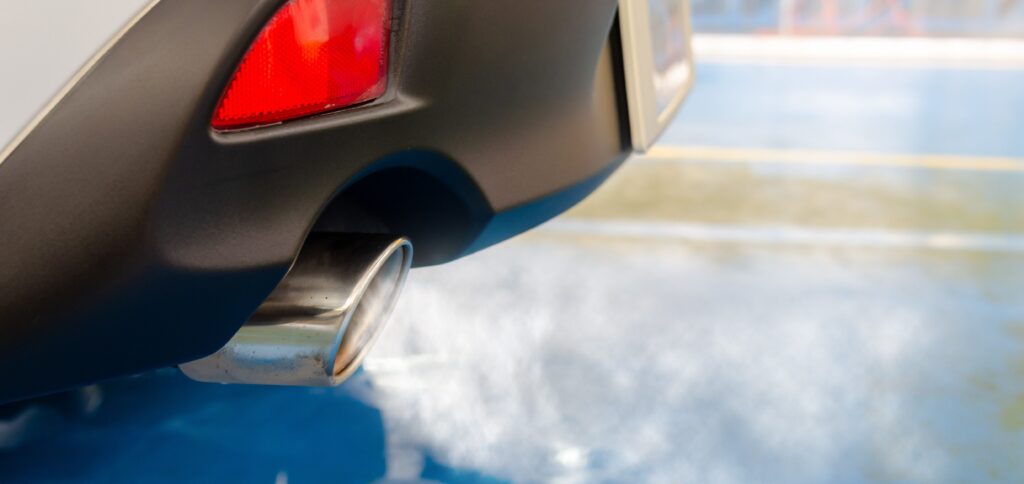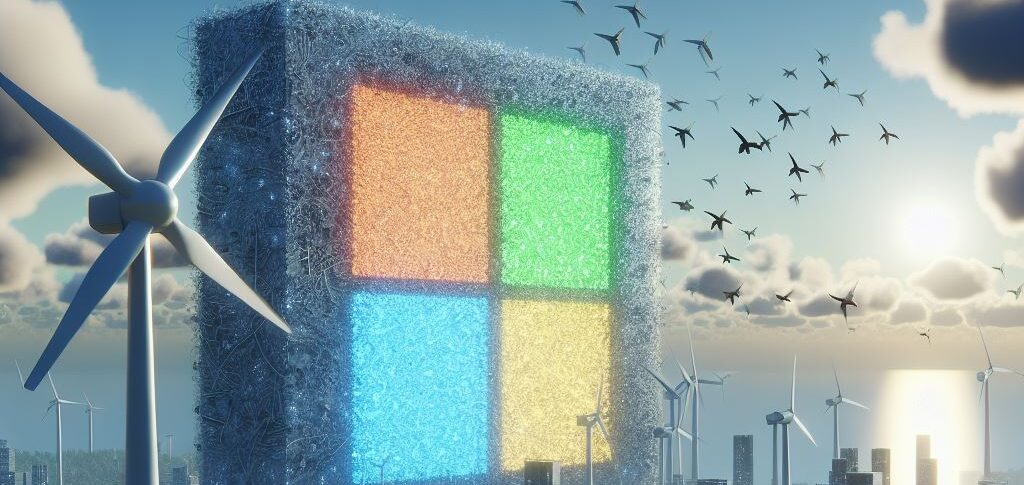The US Environmental Protection Agency (EPA) plans to progressively reduce the average amount of polluting emissions from new vehicles produced by each manufacturer, encouraging industries to build more electric cars.
ADVERTISING
These new rules “are expected to prevent the emission of approximately 10 billion tons of CO2 (by 2055), or more than double the total CO2 emissions in the United States in 2022,” the EPA said in a statement.
The government's decision is "a key piece of the puzzle to reduce our country's biggest source of carbon pollution and provide cleaner air and a safer climate for all," said Manish Bapna, head of environmental organization NRDC , in a statement.
“If implemented correctly, the measures will also reduce oil imports and fuel costs for drivers,” he added.
ADVERTISING
How should the transition occur in the USA?
Automakers will choose which technologies they will adopt to reduce emissions from the cars they produce. In the past, they have reduced the weight of their vehicles, improved the efficiency of their engines and added new particulate filters.
But with many brands so far along in developing electric vehicles, the EPA believes this should be the trend.
With the new regulation, electric vehicles could represent 67% of sales of light vehicles (urban, sedans, SUVs, pickup trucks) in 2032, 50% of sales of buses and garbage trucks, 35% of local transport trucks and 25% of long-distance transport trucks.
ADVERTISING
The task seems difficult for manufacturers. Although sales of all-electric cars in the US have increased considerably over the past two years, they represented just 5,8% of vehicles sold in 2022, according to Cox Automotive.
In addition to the countless public aid aimed at stimulating the electric vehicle market since Joe Biden's presidency, the private sector has invested 120 billion dollars (around 601 billion reais, in current values) in the manufacture of these types of cars and batteries.
Source: AFP
Read also
* The text of this article was partially generated by artificial intelligence tools, state-of-the-art language models that assist in the preparation, review, translation and summarization of texts. Text entries were created by the Curto News and responses from AI tools were used to improve the final content.
It is important to highlight that AI tools are just tools, and the final responsibility for the published content lies with the Curto News. By using these tools responsibly and ethically, our objective is to expand communication possibilities and democratize access to quality information. 🤖
ADVERTISING




